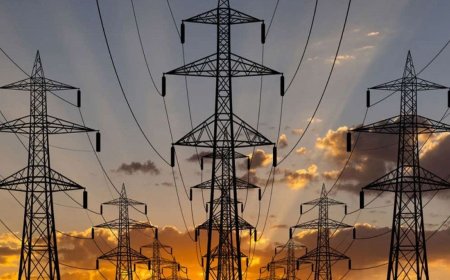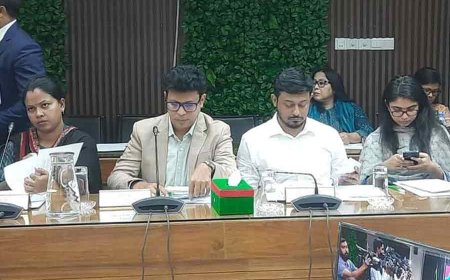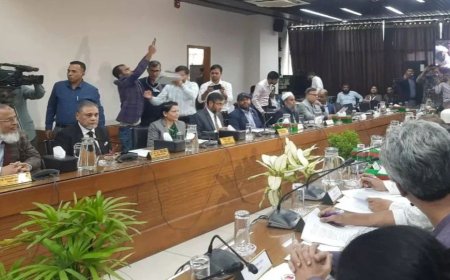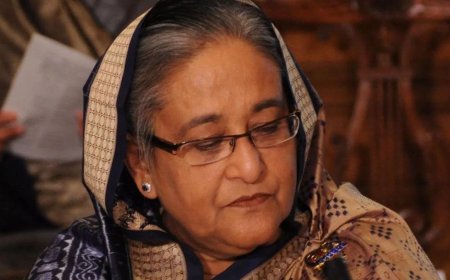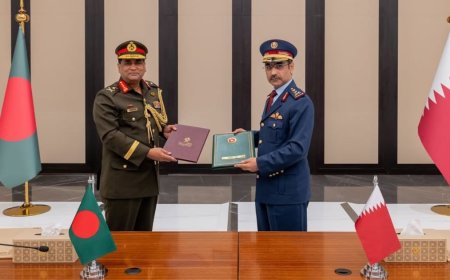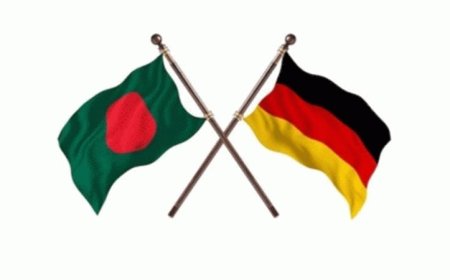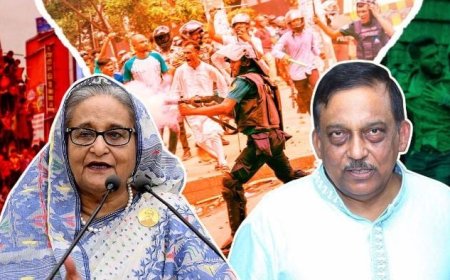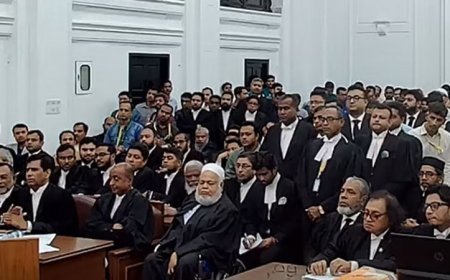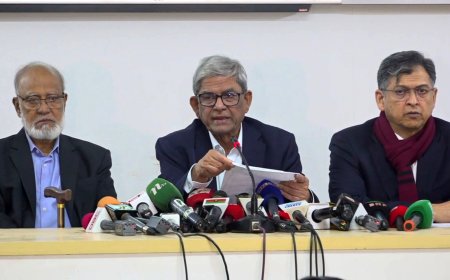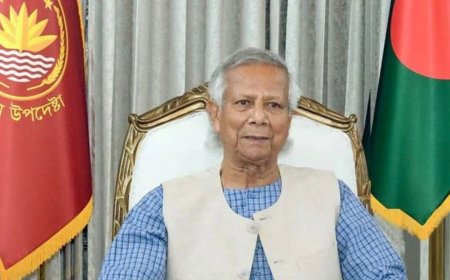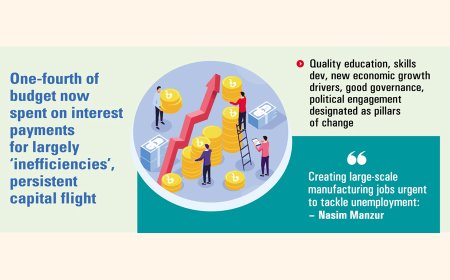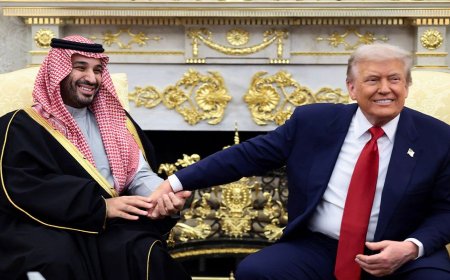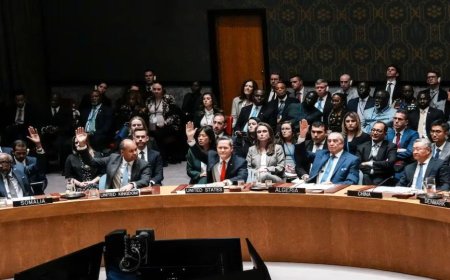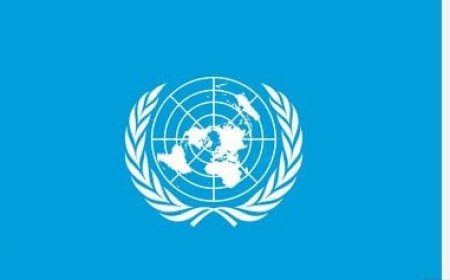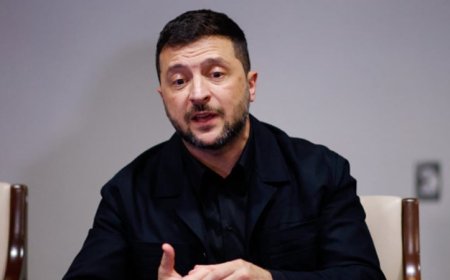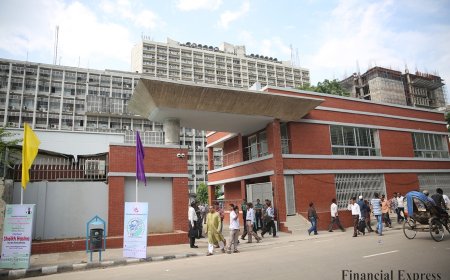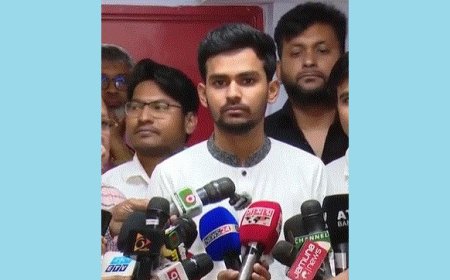Fair, Festive February Polls Hinge On Consensus
CA Urges Political Parties As NCC Talks Conclude Without Deal On July Charter
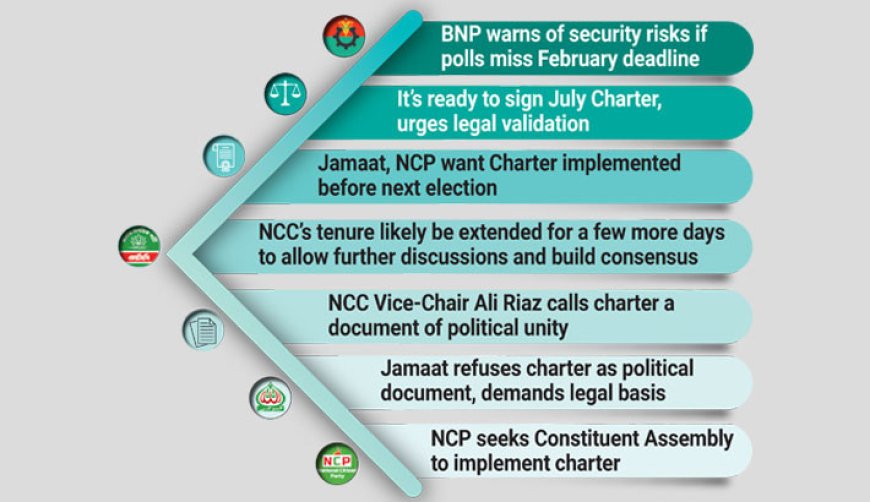
Chief Adviser Prof Muhammad Yunus on Sunday reaffirmed the interim government’s commitment to holding a festive national election in February 2026, stressing that political parties must reach consensus to ensure the success of the journey towards a “New Bangladesh.”
“We keep emphasising that the upcoming election should be a moment of celebration. If the outstanding issues are resolved, it will become a grand national festival – a true rebirth of the nation. This is more than just an election; it is a celebration for all Bangladeshis,” he said, urging all parties to work together to complete the final steps.
Prof Yunus noted that the world will be closely watching Bangladesh’s approach to the next national election in February, adding that the progress made by political parties through the National Consensus Commission (NCC) could serve as a model not only for the country but also globally.
“The whole world will see how we solved the problem,” he remarked.
Reflecting on the NCC’s journey, the chief adviser admitted that he had initially been uncertain about its success. “Now I believe the members have set an unprecedented example through patience and long discussions,” he said.
He stressed that consensus is the only way forward, urging leaders to complete the remaining tasks. “If we want to stop autocrats in the future, there is room for disagreement, but we cannot finish the task while holding onto differences. My earnest appeal: embrace each other when finalising the July Charter,” he added.
The final round of NCC talks on Sunday at the Foreign Service Academy in Dhaka ended without agreement on the ‘July National Charter 2025.’ Sources said the commission’s tenure, which was due to expire on Monday, will be extended for a few more days to allow further discussion and consensus-building.
Around 30 political parties participated in the dialogue, joined by Law Adviser Dr Asif Nazrul. NCC Vice-Chairman Professor Dr Ali Riaz, who chaired the meeting, urged cooperation from all parties.
“Some issues remain unresolved. We will definitely be able to reach a final conclusion in the coming days,” he said, describing the national charter as a collective achievement and a continuation of the unity that defeated fascism in Bangladesh.
“This charter reflects the commitment of political leaders to move forward together. We must sustain this momentum,” he said.
Bangladesh Jamaat-e-Islami, however, has refused to accept the July Charter solely as a political document. Senior leader Hamidur Rahman Azad said the party seeks its recognition as a legal instrument.
BNP Standing Committee member Salahuddin Ahmed, who led his party’s delegation, reiterated that the next general election must be held in the first half of February without conditions.
“There is no alternative. The election is not conditional on reforms or justice. Reforms will continue, judicial processes will continue, but the election must take place as scheduled,” he told reporters.
Salahuddin Ahmed also said BNP is ready to sign the July Charter and has already submitted two representatives’ names for this purpose. He urged the chief adviser to seek the Supreme Court’s opinion to ensure the charter’s legal basis and suggested smaller follow-up meetings to resolve outstanding issues.
Meanwhile, the National Citizens Party (NCP) called for extending the NCC’s tenure and holding Constituent Assembly elections to implement its recommendations.
“We have nearly completed our discussions. If the commission is given a few more days, we can reach a positive decision through dialogue,” said NCP Member Secretary Akhtar Hossain.
The NCC officially began its work on 15 February 2025. In its first phase, from 20 March to 19 April, it held 44 meetings with 32 parties and alliances. The second phase, from 2 June to 31 July, continued for 23 days.
Following reform talks, the final draft of the July National Charter was circulated to political parties, outlining four possible methods of implementation: ordinance, executive order, referendum, and special constitutional order.
Parties, however, remain firm on their positions. BNP supports implementing constitutional issues within two years of forming the next parliament, Jamaat-e-Islami insists on implementation before the next election with legal authority, while NCP prefers a Constituent Assembly approach.
What's Your Reaction?







